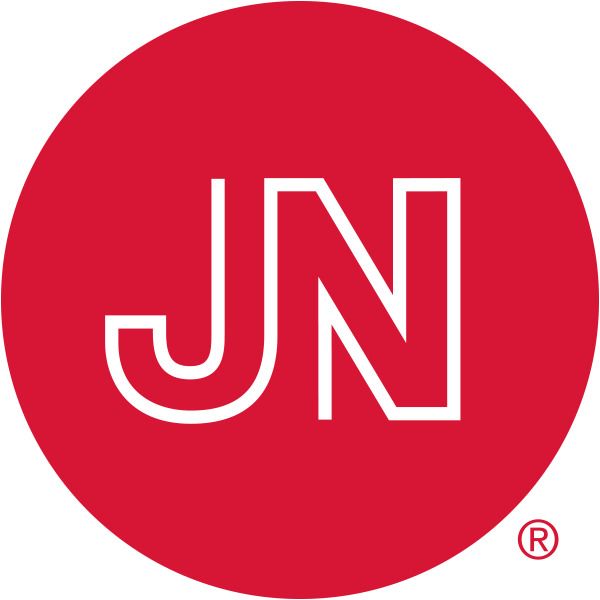Coronavirus disease 2019 (COVID-19) is a current pandemic infection caused by a positive-sense RNA virus named the severe acute respiratory syndrome coronavirus 2 (SARS-CoV-2). The particularly infectious capacity of the virus, along with mortality rates ranging from 1% to above 5%, has raised concerns across the globe.1 Older patients with comorbid conditions including pulmonary disease, cardiac disease, kidney disease, diabetes, and hypertension have been associated with even higher mortality rates, suggesting particularly susceptible populations.
The increased mortality and morbidity of COVID-19 in patients with hypertension is an association that has been observed in a number of initial epidemiological studies outlining the characteristics of the COVID-19 epidemic in China. Wu et al2 found hypertension to have a hazard ratio of 1.70 for death and 1.82 for acute respiratory distress syndrome in 201 patients with COVID-19. Zhou et al3 found hypertension to have a hazard ratio of 3.05 for in-hospital mortality in 191 patients with COVID-19.
Neither of these studies2,3 adjusted for confounding variables and thus it remains unclear if this association is related to the pathogenesis of hypertension or another associated comorbidity or treatment. There has been a growing concern that this association with hypertension is confounded by treatment with specific antihypertensive medications: angiotensin-converting enzyme inhibitors (ACEIs) and angiotensin receptor blockers (ARBs).









Comments are closed.